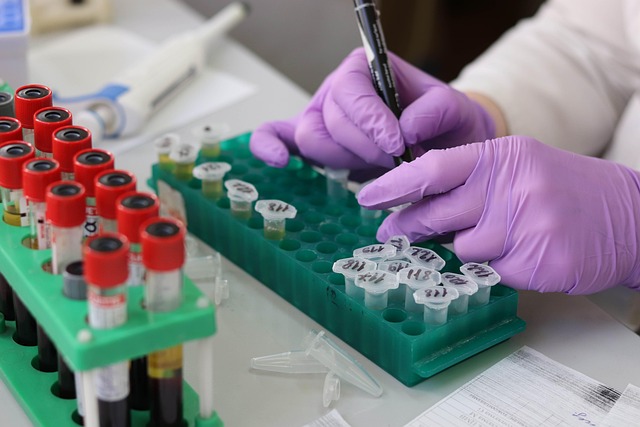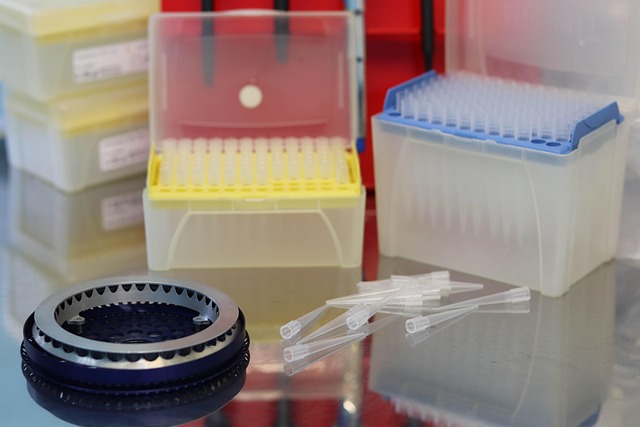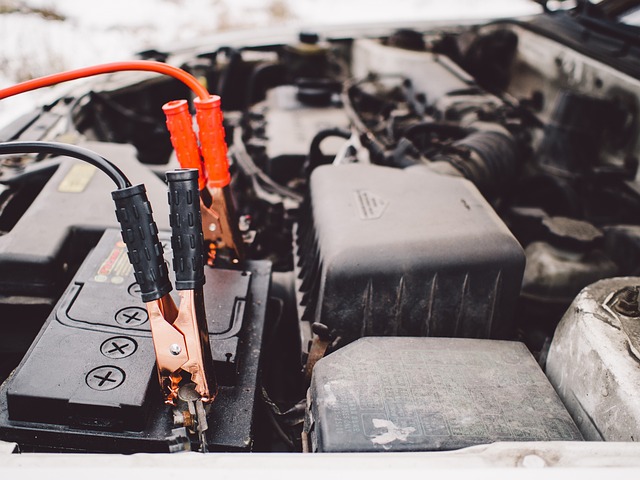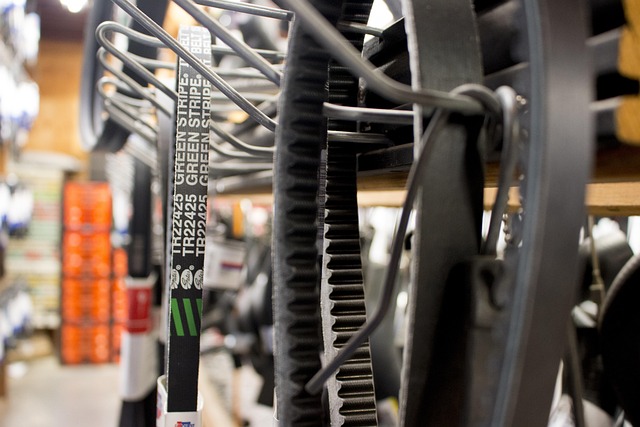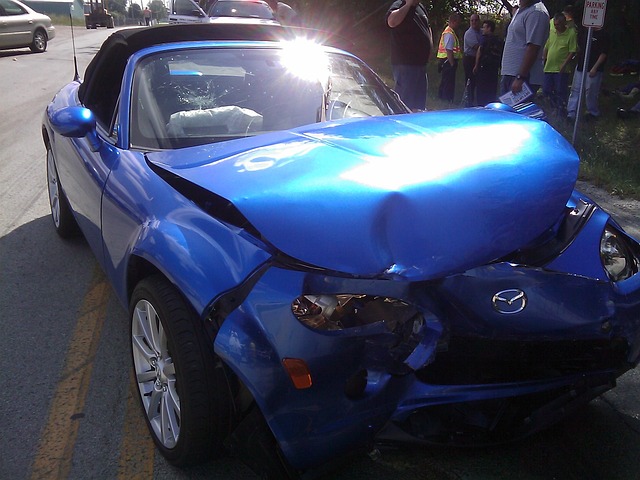Auto body shop warranties typically last 6-24 months, covering defects in materials and workmanship. After expiration, vehicle owners pay for repairs without warranty protection, potentially facing high costs for subpar service. Proactive measures include reapplying for coverage, understanding post-warranty policies, keeping records of maintenance, and seeking guidance from insurers or shops. Reapplication processes vary, so reviewing policy documents, inquiring about extended warranties, and documenting recent damage are crucial steps.
After the excitement of a new car repair, many drivers overlook one crucial aspect: the end of an auto body shop warranty. This comprehensive guide navigates the process of reapplying for coverage when your vehicle’s protective period expires. Understanding the typical duration and terms of auto body shop warranties is essential. Learn what happens post-expiration and discover the steps involved in reapplying, ensuring you’re not left vulnerable to unexpected costs. Reapply for coverage wisely!
- Understanding the Auto Body Shop Warranty Period
- What Happens When the Warranty Expires?
- Reapplying for Coverage: Steps and Considerations
Understanding the Auto Body Shop Warranty Period

The duration of an auto body shop warranty can vary significantly depending on several factors, including the nature of the service performed and the policies set by the individual shops or their insurance providers. Generally, warranties for auto body repairs cover a period ranging from 6 months to 2 years after the completion of the repair work. This coverage extends to defects in materials or workmanship that arise due to manufacturing issues or mistakes made during the restoration process. During this warranty period, vehicle owners benefit from free or discounted repairs if any problems are encountered.
Understanding when and how to reapply for coverage is crucial for vehicle owners. Most warranties require timely notifications of potential issues, often within a specified timeframe after the repair. It’s essential to keep records of all maintenance and repair work done on your vehicle, including the dates and nature of services provided by the auto body shop or its authorized personnel. This documentation will be vital if you need to invoke the warranty for any auto collision repair or auto body restoration services covered under its terms.
What Happens When the Warranty Expires?

When the auto body shop warranty expires, several things happen that are important for car owners to understand. Initially, the structured protection against unexpected repair costs vanishes, leaving vehicle owners responsible for covering all associated expenses out-of-pocket. This transition requires proactive measures to ensure continued protection for your vehicle. Without a valid warranty, even minor incidents like a fender bender or dents from parking can lead to significant financial burdens due to extensive car collision repair.
Expiring warranties also mean that the high-quality standards and guaranteed workmanship associated with auto body shop services may not be maintained post-warranty. Car bodywork services will no longer be covered, leaving you vulnerable to subpar repairs or hidden costs. It’s crucial to reapply for coverage before facing these challenges to ensure your vehicle receives the care it deserves after the warranty ends.
Reapplying for Coverage: Steps and Considerations

Reapplying for coverage after your auto body shop warranty expires can seem daunting, but with a few simple steps and considerations, you can ensure your vehicle’s continued protection. First, review your policy documents thoroughly to understand what is covered post-warranty. Many automotive body shops offer extended warranties or repair plans that can be purchased separately, so inquire about these options during the estimation process.
Next, assess any recent damage or necessary repairs, such as bumper repair or vehicle body repair, that may not have been included under your original warranty. Keep records of all maintenance and repair work for future reference. When ready to reapply, contact your insurance provider or auto body shop directly to discuss the process. They can guide you through any updated procedures, requirements, or documentation needed for successful reapplication.
When an auto body shop warranty expires, understanding the process of reapplying for coverage is crucial for ensuring your vehicle’s protection. By following the outlined steps and considering key factors, such as maintaining regular maintenance records and reviewing specific terms, you can successfully reapply for auto body shop coverage, safeguarding your investment against future repairs.


